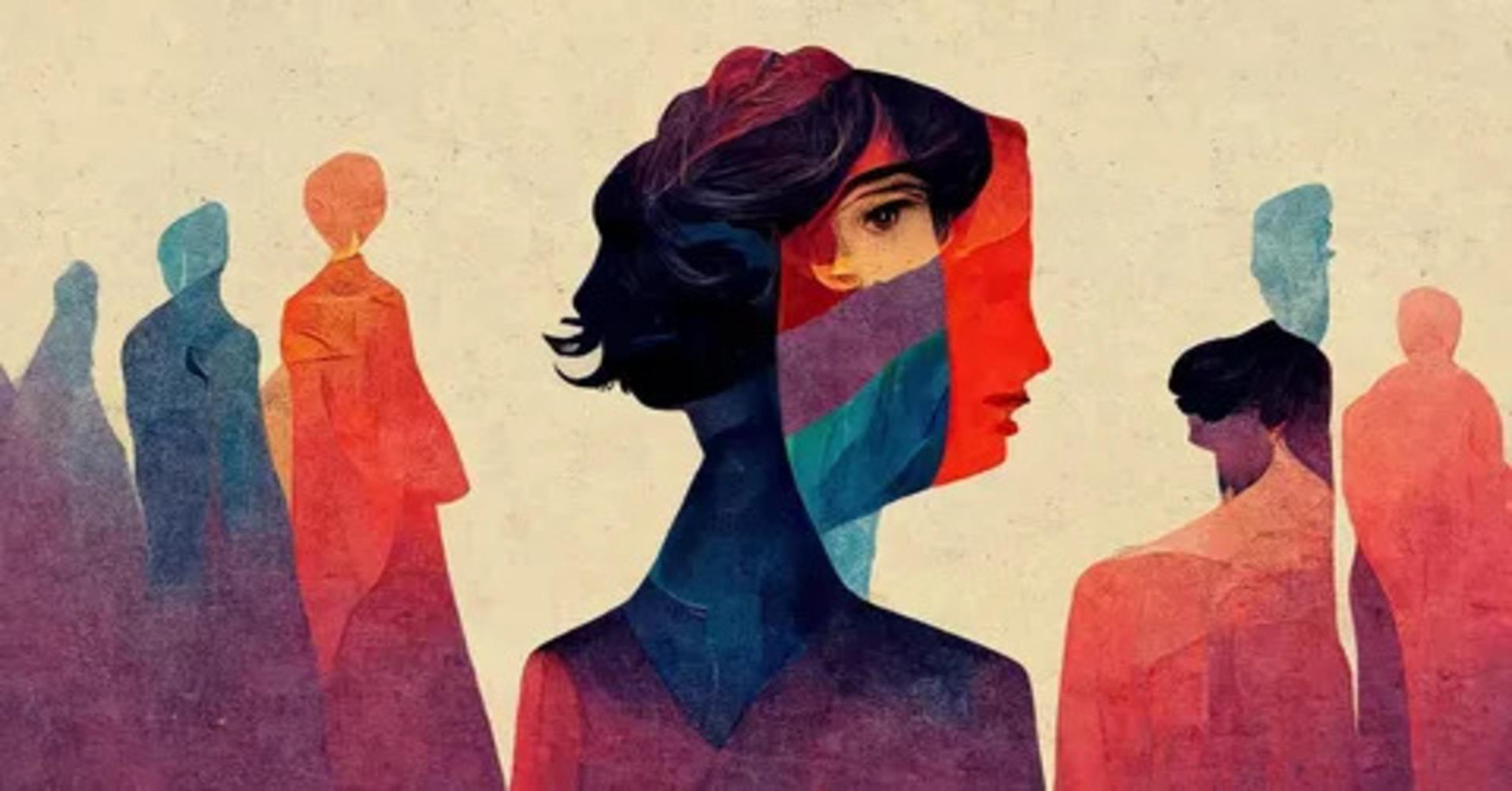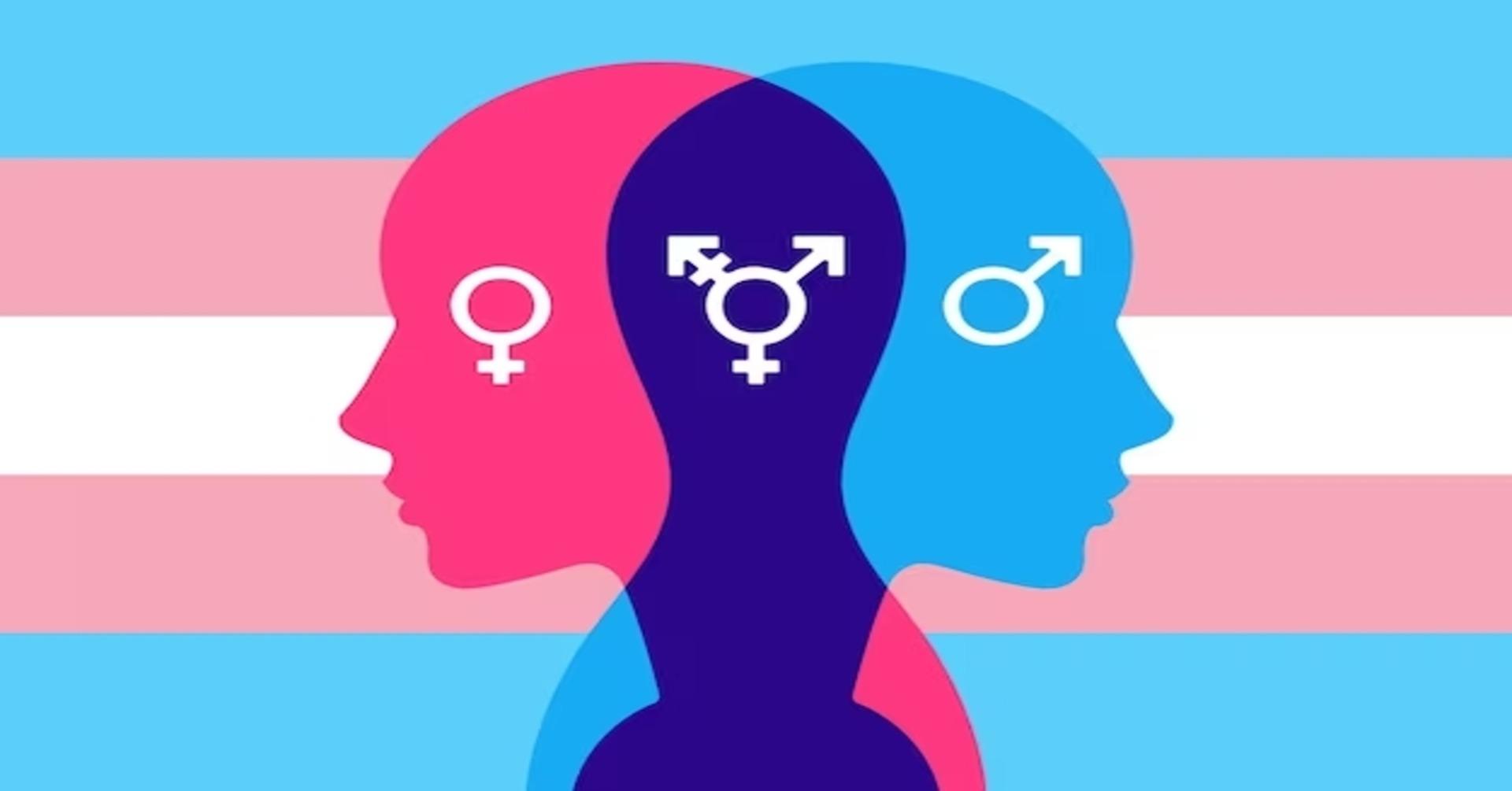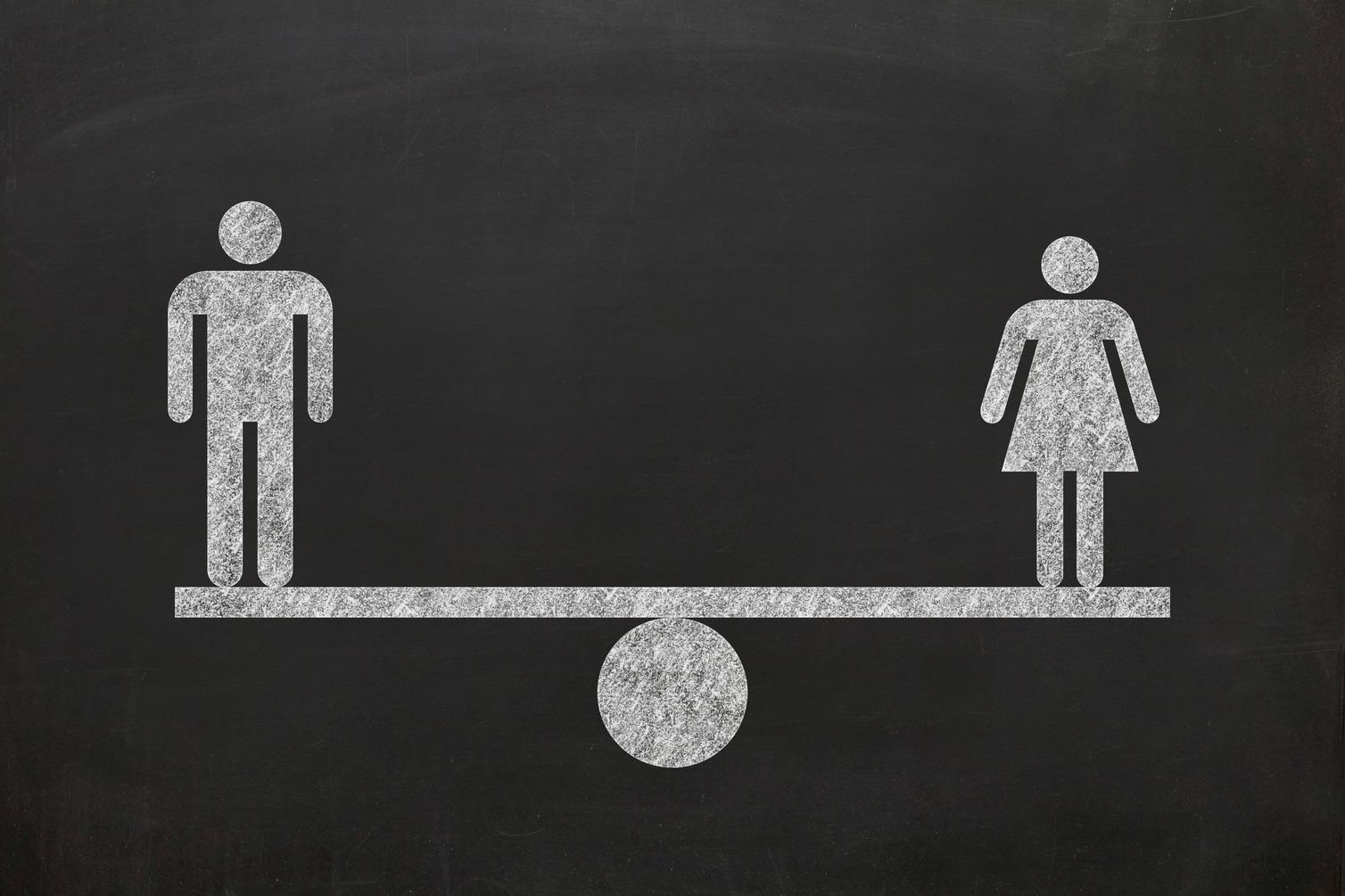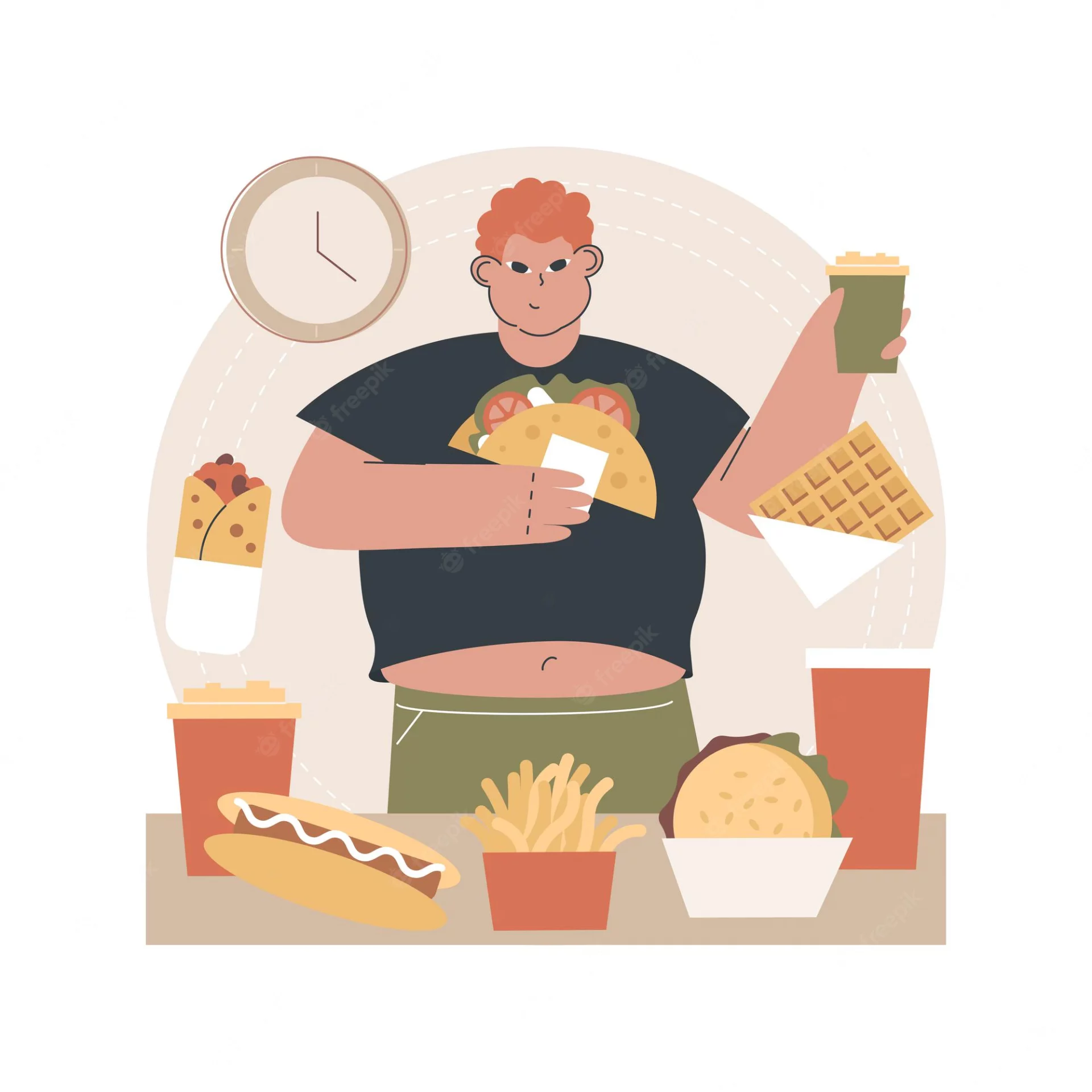Am I Eating Too Much Carbs Quiz
This quiz helps assess your carbohydrate intake by examining your eating habits, choices, and the physical reactions you experience from your diet.
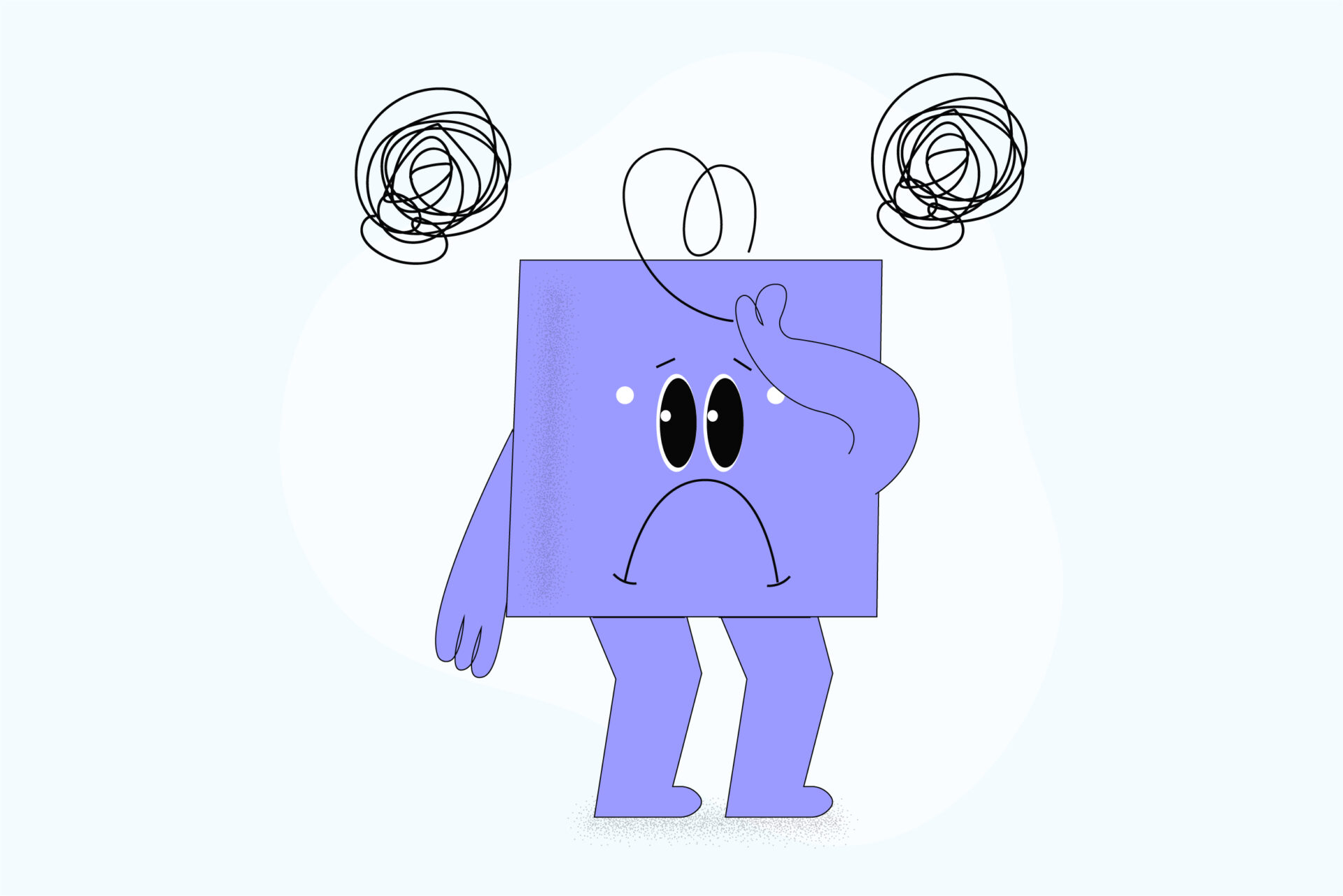

Time is Up!

Time's up
This quiz is not a standardized tool. Hence the final score is not a definite indicator of the respective condition. It cannot replace a clinical diagnosis. Kindly consult a mental health professional if you find yourself agreeing to most of the symptoms on the test.
Who Can Take This Quiz?
Anyone interested in evaluating their carbohydrate consumption, especially those concerned about their diet balance or experiencing carb-related health issues
Purpose of the Quiz
The quiz aims to raise awareness about carbohydrate consumption, helping individuals recognize potential signs of excessive carb intake and encouraging healthier eating choices.
How do you define “Am I Eating Too Much Sugar” Quiz?
The “Am I Eating Too Much Carbs Quiz” is a self-assessment tool designed to help individuals understand their carbohydrate consumption patterns. It focuses on dietary choices, physical reactions to food, and overall eating habits related to carb intake.
Quiz Conclusion:
Based on your answers, this quiz can help you understand if you’re consuming more carbohydrates than your body needs. If you frequently chose options like ‘c’ or ‘d’ (indicating high carb choices and related symptoms), it suggests that you might be having an excessive carbohydrate intake. This could be impacting your energy levels, causing digestive discomfort, and leading to cravings. It’s important to balance your diet with a variety of nutrients and consider consulting with a nutritionist for personalized advice. Remember, a well-rounded diet and mindful eating are key to a healthy lifestyle.
General Frequently Asked Questions
You can track daily carbohydrate intake by maintaining a food diary, using nutrition tracking apps, or reading food labels.
The recommended daily carbohydrate intake for the average adult is 45% to 65% of total daily calories.
Symptoms like fatigue or energy spikes can result from blood sugar fluctuations due to excessive carbohydrate consumption.
Signs of a negative response to high-carb intake include weight gain, digestive discomfort, and increased cravings.
The type of carbohydrates consumed impacts health; complex carbs provide sustained energy and fullness, while simple carbs can lead to energy spikes and crashes.
Fiber plays a role in regulating carbohydrate intake by promoting fullness and stabilizing blood sugar.
Different diets define “too much” carbs differently, e.g., low-carb diets limit carb intake to induce ketosis.
Excessive carb consumption can lead to cravings, creating a cycle of overeating and potential weight gain.
Need a customized plan?
Disclaimer: According to an individual’s case severity, the sessions might vary.

